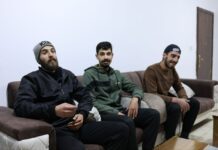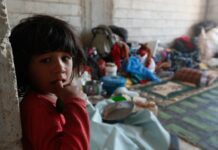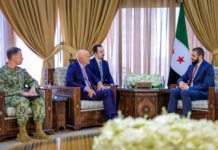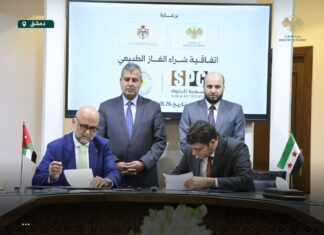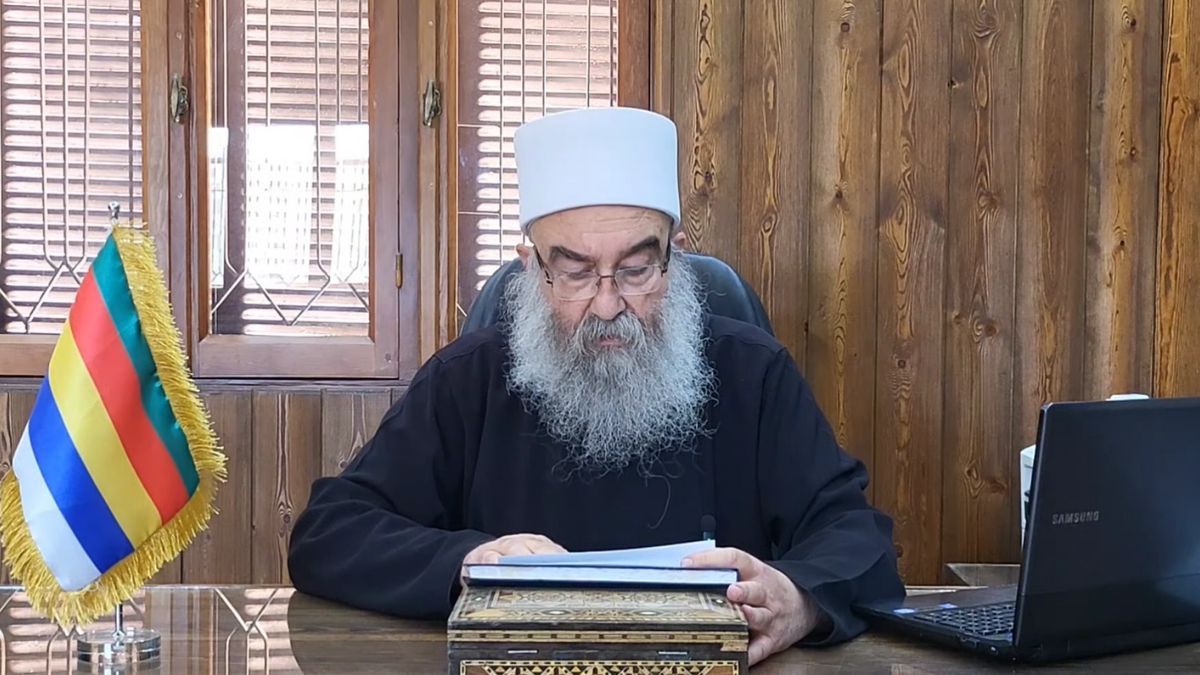
Tensions in Syria’s southern province of Suwayda have increased following Israeli-backed Druze spiritual leader Hikmat al-Hijri issuing of a new statement referring to the area by its biblical Hebrew name, “Mount Bashan,” a move seen by many as a bid to attract Israeli support for his separatist agenda.
In his letter, published Saturday, October 11, Hijri appealed to the United Nations, the Arab League, and several international rights bodies, claiming that “Jabal al-Bashan” has been suffering for months from a comprehensive and “cruel siege” threatening civilian lives. The term “Bashan,” drawn from the Hebrew holy textst, refers to ancient Canaanite lands encompassing today’s southern Syria and northern Jordan.
By invoking the name “Mount Bashan,” Hijri appeared to echo Israel’s long-standing narrative of cultural and historic ties to the region. The same term has been used by the Israeli army for its “Arrow of Bashan” operations in Syria, which, according to Syrian officials, destroyed much of the country’s prewar military infrastructure.
From ‘Humanitarian Appeal’ to Political Maneuver
Hijri’s appeal described what he called a “humanitarian catastrophe,” alleging that Suwayda’s civilians face shortages of food, fuel, and medicine, alongside the collapse of public institutions. He demanded international intervention, the withdrawal of what he called “occupying armed forces,” and the region’s “right to self-determination under UN supervision.”
However, Syrian authorities and local analysts contend that the crisis Hijri denounces is largely self-inflicted. Governor Mustafa al-Bakour told the press in a private gathering that “the deterioration of services is not due to government neglect but to internal positions and the absence of official channels of communication with Damascus.” He accused armed factions loyal to Hijri of blocking aid convoys, stealing funds from Suwayda Bank, and threatening residents who seek contact with the government.
According to the governor, an “illegal committee” formed under Hijri’s authority seized over 20 billion Syrian pounds and $1 million from state accounts, obstructing salary payments and halting public spending. “The state is ready to provide resources and services,” Bakour said, “but there are parties that prevent this and insist on acting outside legal frameworks.”
Ceasefire Violations and Regional Calculations
Despite a ceasefire declared on July 15 under UN supervision, clashes have continued near the Walgha crossing, a humanitarian corridor west of Suwayda used for aid delivery and detainee exchanges. A Syrian security source told Al-Ikhbariyah that “criminal factions violated the truce and targeted security positions,” prompting internal security forces to respond.
The Syrian government maintains that Israel’s backing of Hijri’s faction has emboldened armed groups in Suwayda, undermining reconciliation efforts launched in September with support from Jordan and the United States. Damascus insists the unrest is part of a broader strategy by Israel to destabilize Syria’s southern flank under the guise of “protecting the Druze.”
While Hijri portrays his movement as a peaceful call for autonomy, officials accuse him of manufacturing the very hardships he condemns—cutting off transport routes, destroying infrastructure, and intercepting aid shipments—then blaming the state for the resulting isolation.
As political commentator Hussein Abdulaziz wrote, the situation in Suwayda reflects Syria’s deeper divisions: “Two discourses coexist—one calling for national unity, the other for secession and foreign protection. Between them, dialogue has become nearly impossible.”

